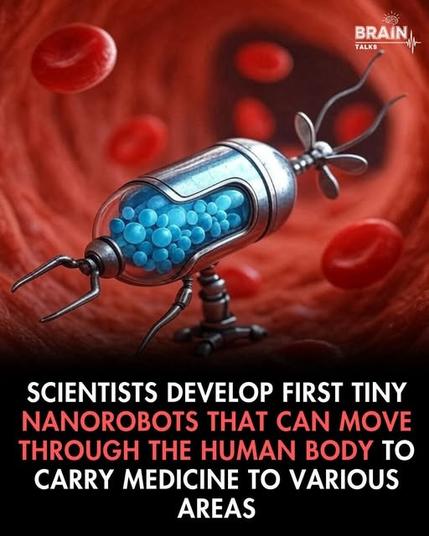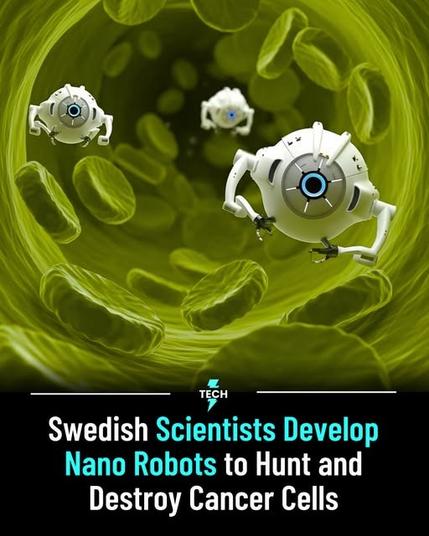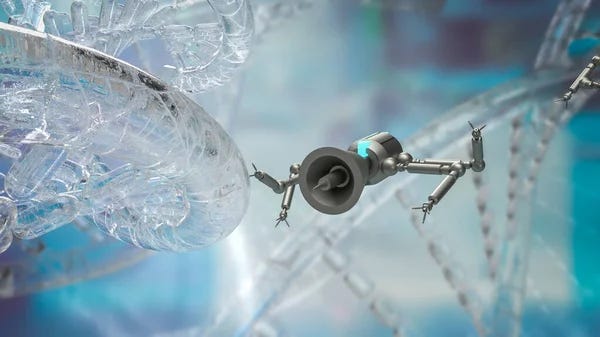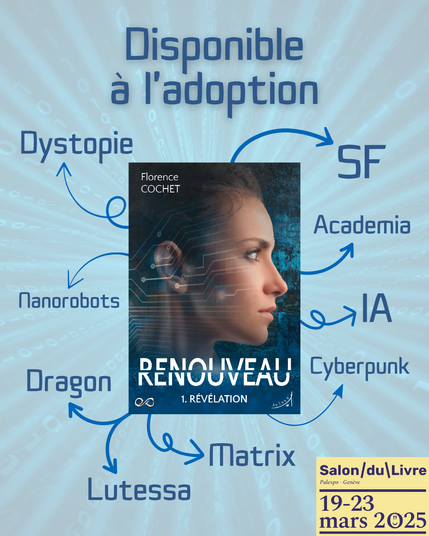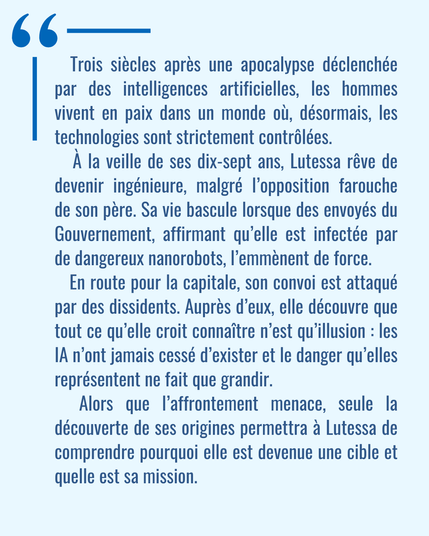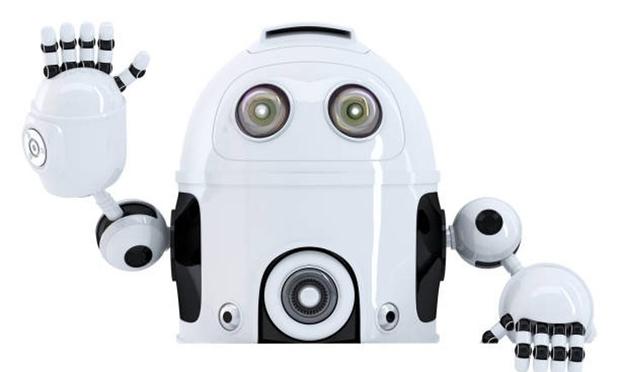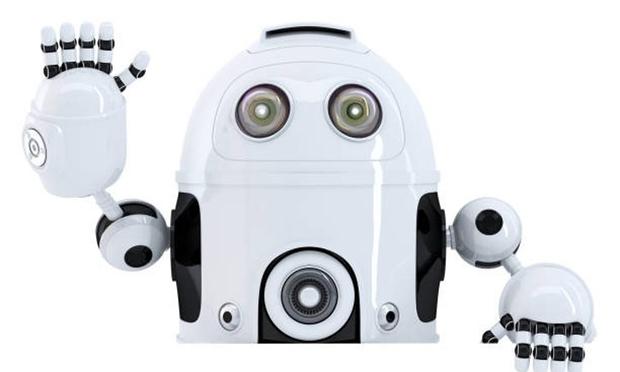Groundbreaking research shows that scientists have created the first nanorobots capable of moving inside the human body to deliver medicine. These tiny robots could change how treatments are given, making medicine more precise and effective.
Nanorobots are extremely small, allowing them to travel through blood vessels and reach specific parts of the body. Unlike traditional treatments, which can affect healthy areas, these robots can release medicine exactly where it is needed. This targeted approach may reduce side effects and improve recovery times for patients.
Early studies suggest that nanorobots can carry different types of drugs and respond to signals to release their medicine at the right moment. The technology combines biology, engineering, and robotics, opening the door to new possibilities in personalized medicine.
While the research is still in its early stages, the potential is exciting. Nanorobots could be used to treat cancer, infections, and other diseases in ways that were impossible before. This innovation represents a major step toward safer, smarter, and more efficient treatments that work directly with the body’s natural systems.
Core breakthrough & science
#MedicalBreakthrough #Nanomedicine #Nanorobots #LifeSciences #Biotech
Treatment & technology
#TargetedTherapy #PrecisionMedicine #SmartDrugDelivery #FutureOfMedicine #PersonalizedMedicine
Impact & innovation
#InnovativeMedicine #CuttingEdgeTech #NextGenHealthcare #SaferTreatments #HealthTech
